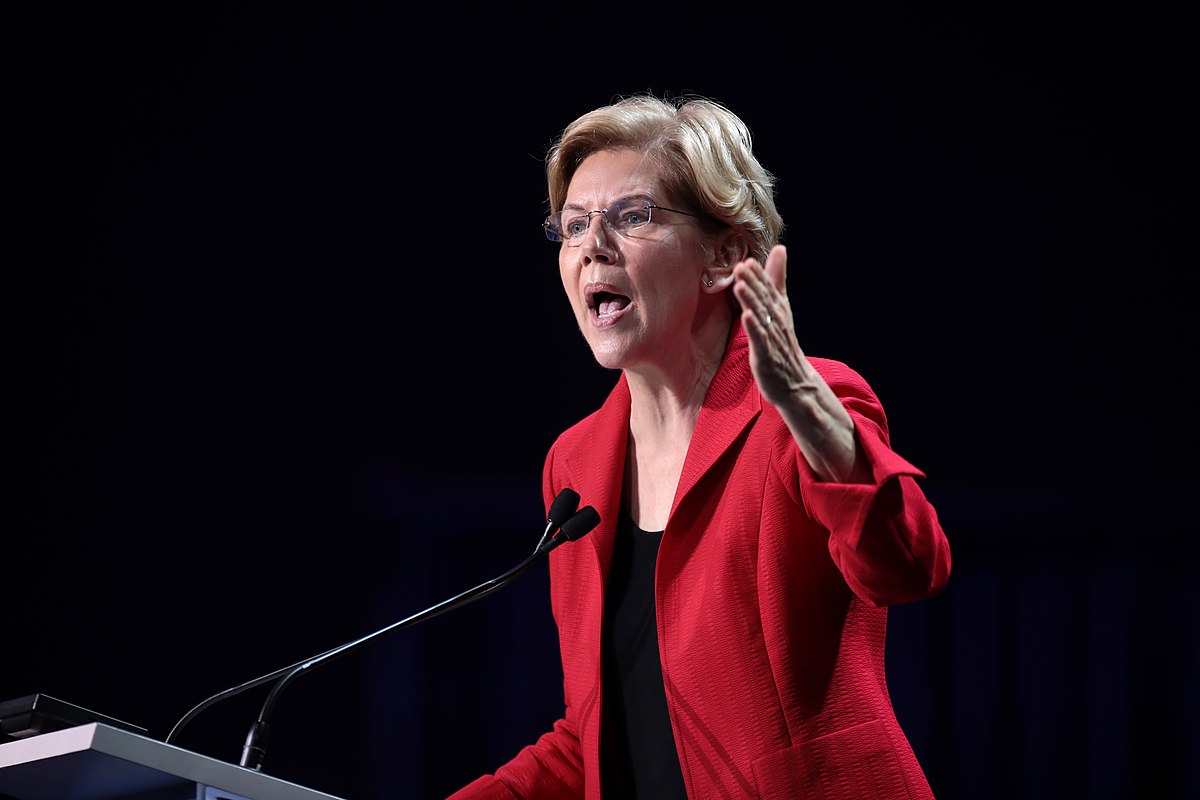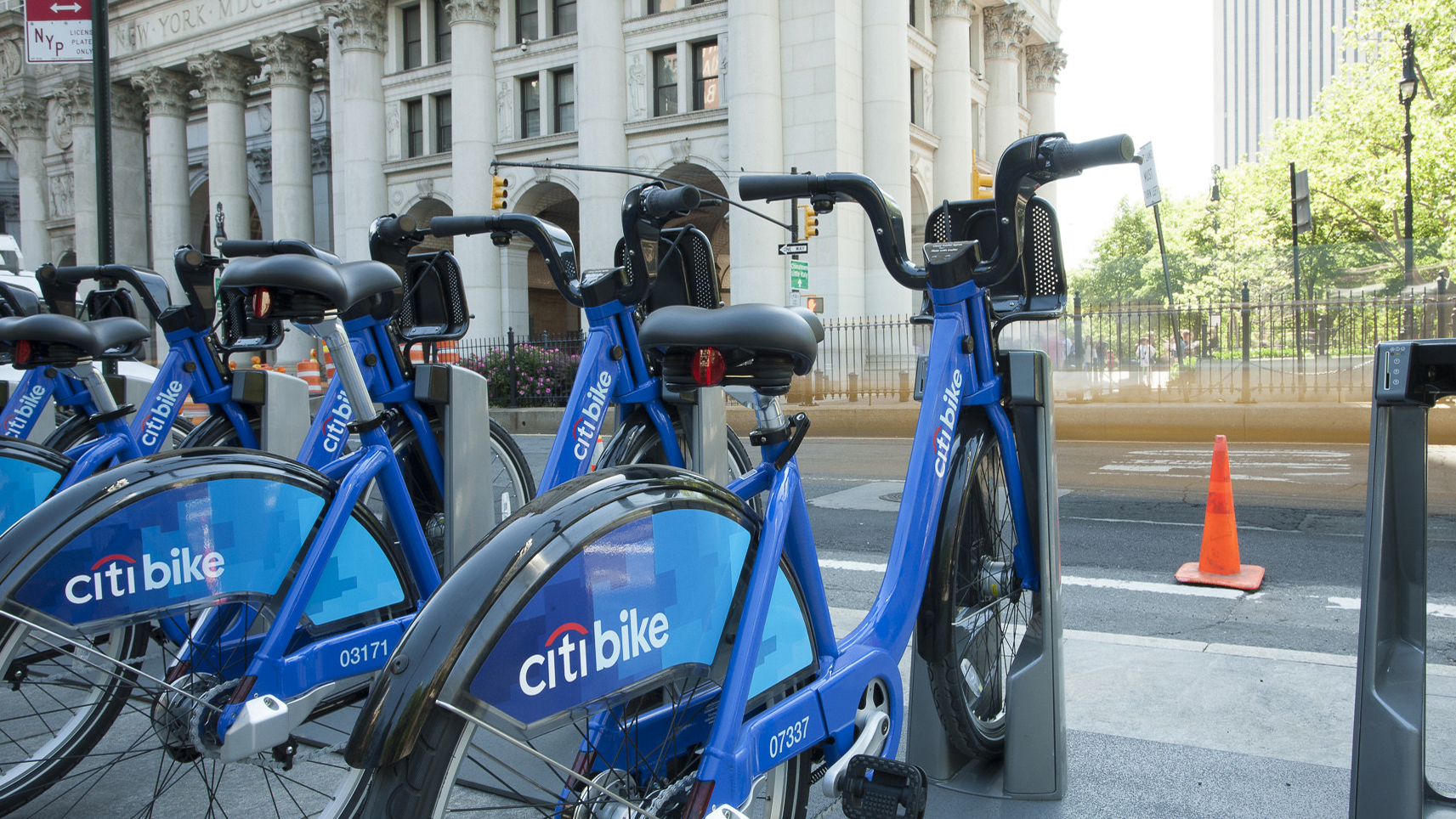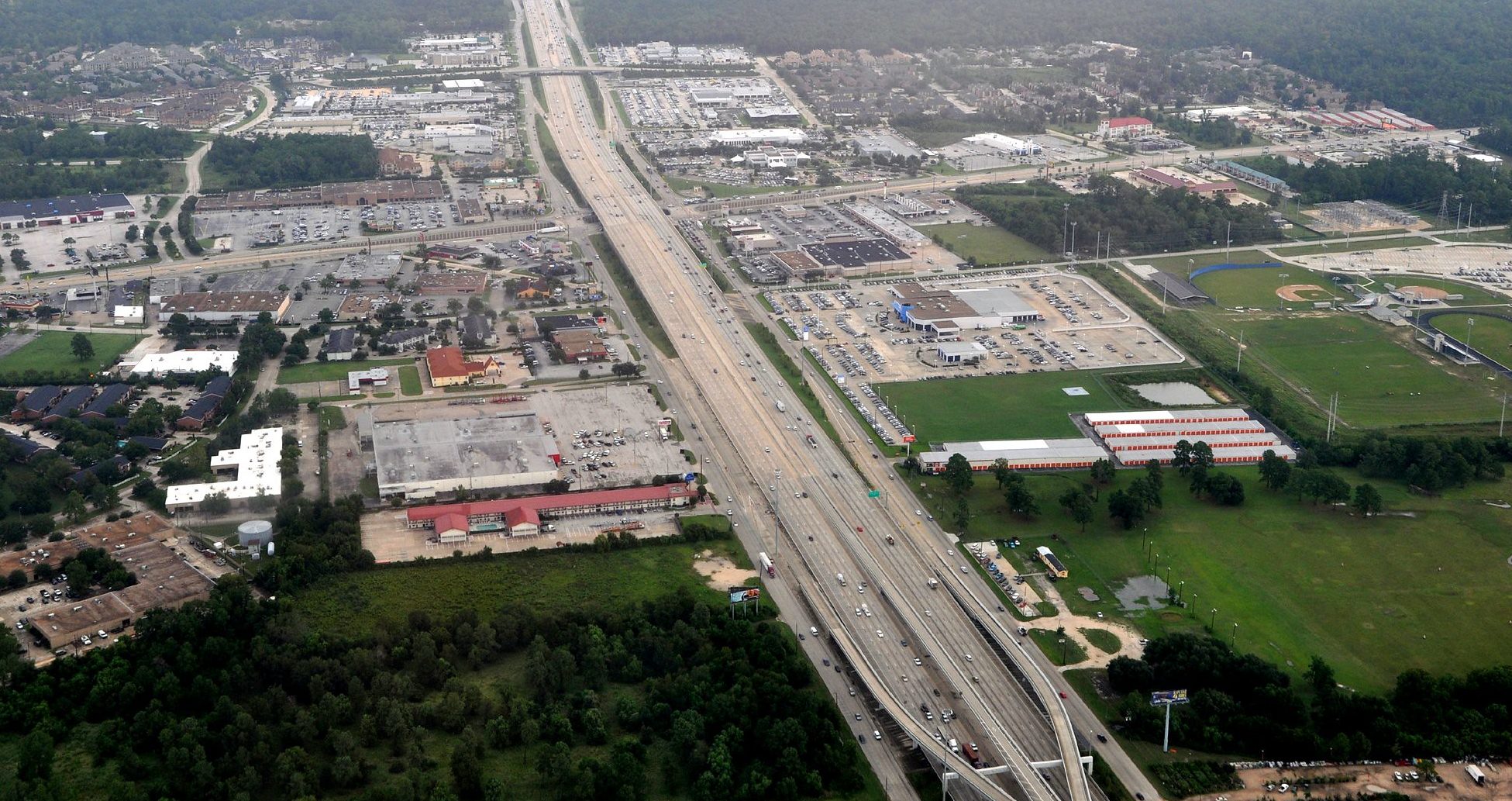While transport reform advocates hailed last week's long-awaited Senate climate bill for directing an estimated $6 billion-plus towards local land use planning and green infrastructure, state DOTs and construction interests criticized the legislation -- suggesting that the measure's sponsors could face stiff resistance from the transportation industry's mainstream despite making concessions to win over all sides.
The central complaint raised by mainstream transport players boils down to, as American Association of State Highway and Transportation Officials (AASHTO) executive director John Horsley put it in a statement, the Senate bill's "preemption" of user-fee revenue that historically has gone into the nation's dwindling highway trust fund.
"Congress can ill-afford to consider any legislation that" siphons off money from the trust fund, which has required more than $30 billion in replenishment from the general Treasury over the past 18 months, Horsley said.
Stephen Sandherr, chief of the Associated General Contractors -- a backer of the Senate effort to bar the Environmental Protection Agency (EPA) from regulating greenhouse gas emissions in the absence of congressional action -- echoed that sentiment in his own statement on the upper-chamber climate proposal.
"[B]y taking funds raised through the proposal’s new transportation fees
and committing all but a small percentage to unrelated spending, the
legislation leaves our aging and inefficient roads, airways and transit
systems vastly underfunded," Sandherr said.
But does the Senate climate bill impose a user fee on transportation fuel consumers? The text of the measure specifically requires "each refined [fuel] product provider" to purchase emissions permits from the EPA on a quarterly basis at a fixed price, with no permit trading allowed. Horsley's depiction of those charges as a "user fee" relies on the considerable likelihood that oil companies and refiners would pass on the cost of those emissions permits to consumers in the form of higher gas prices.
In the meantime, how much of the revenue raised by the bill's new fuel permits would infrastructure receive?
The American Road and Transportation Builders Association estimated last week that the Senate plan would raise $20 billion from the new charges on oil producers and refiners, with about $6.25 billion of that divided into equal parts -- one-third for the highway trust fund, one-third for competitive federal grants similar to the TIGER program, and one-third for local land use projects, in the style of the so-called "CLEAN TEA" proposal.





